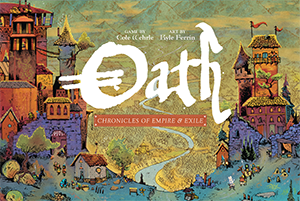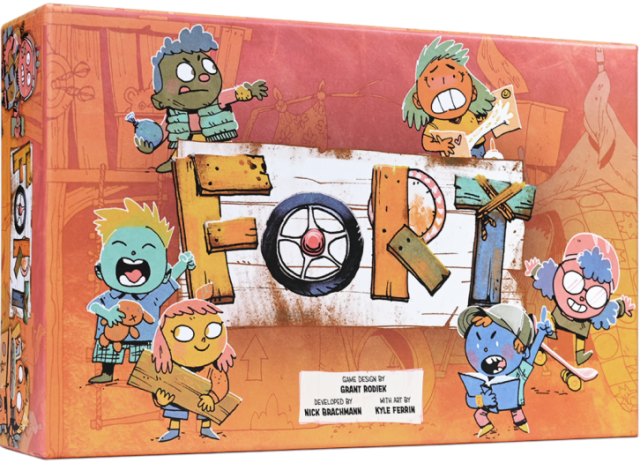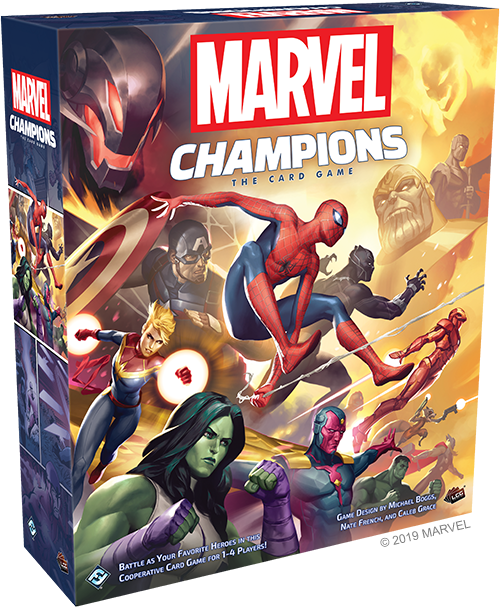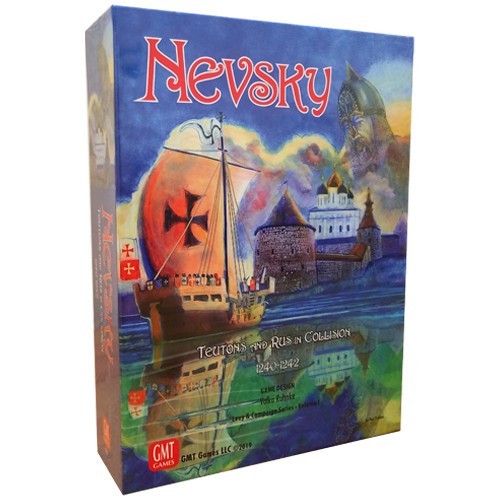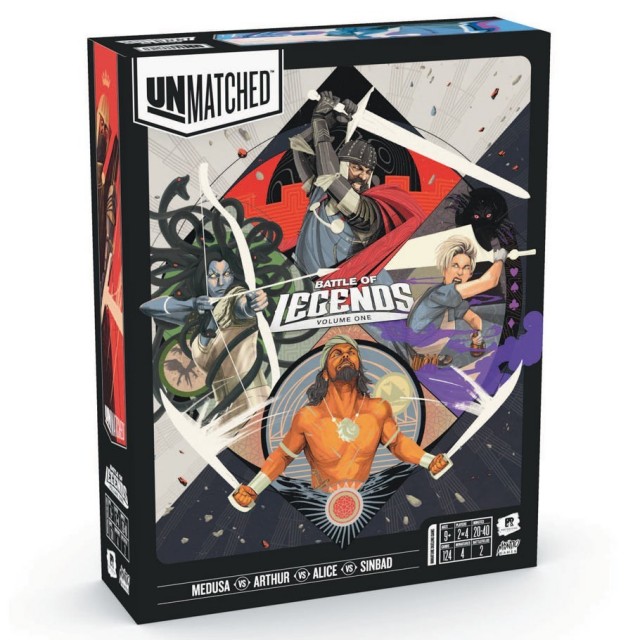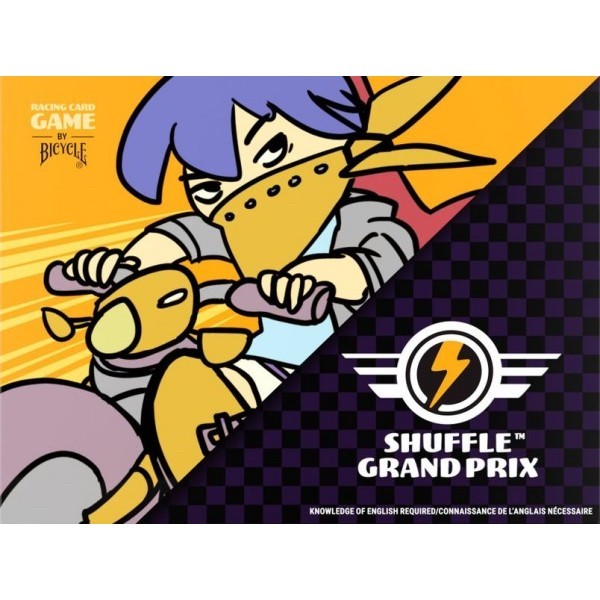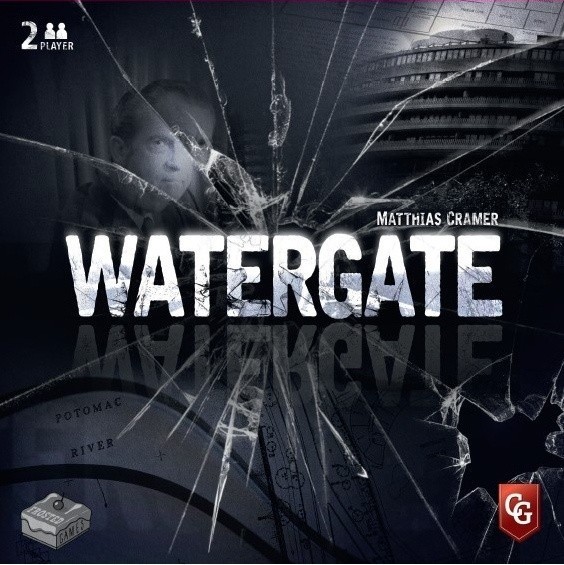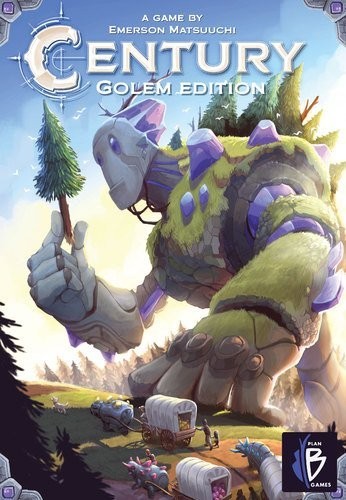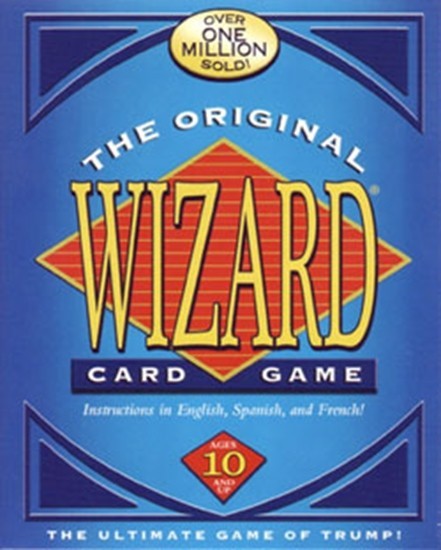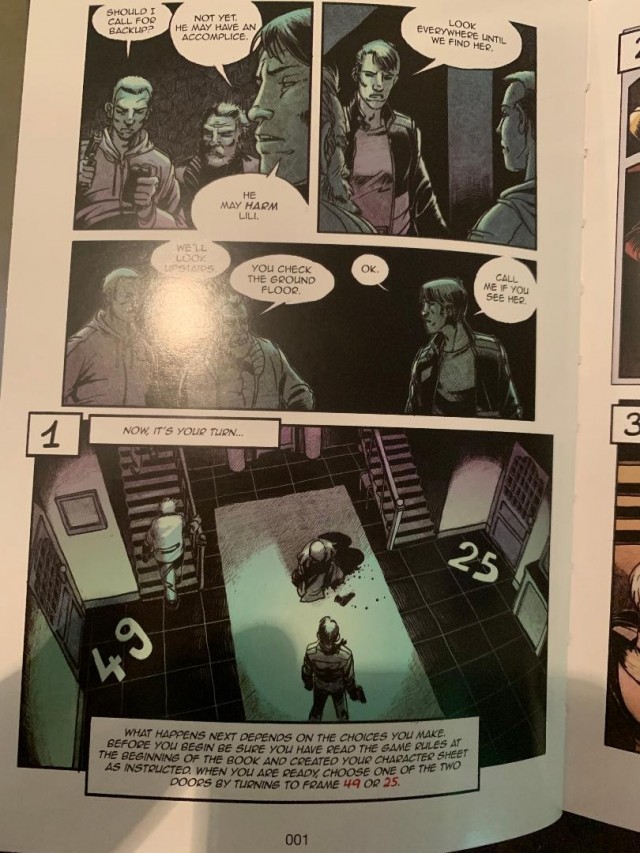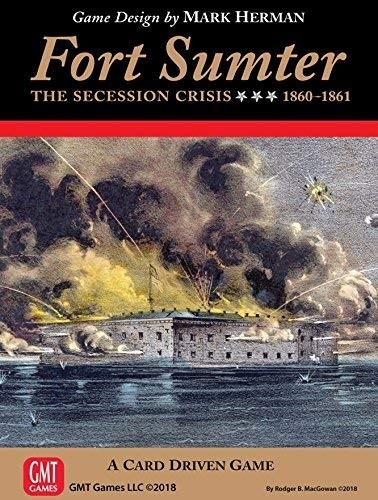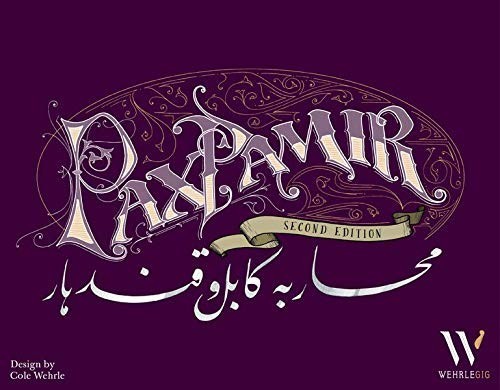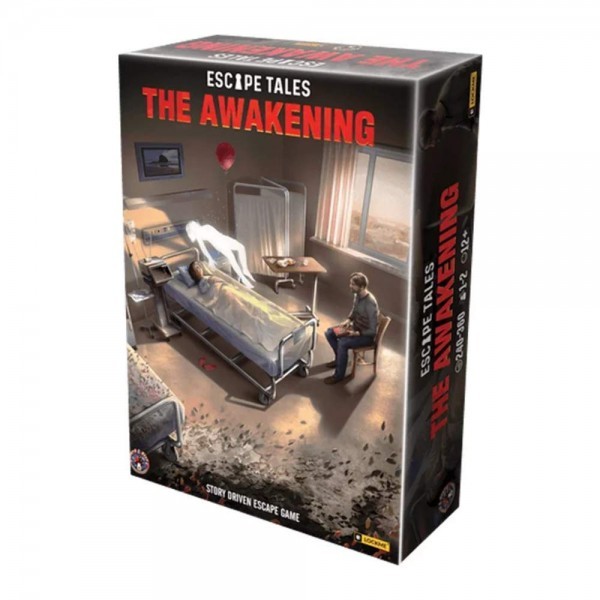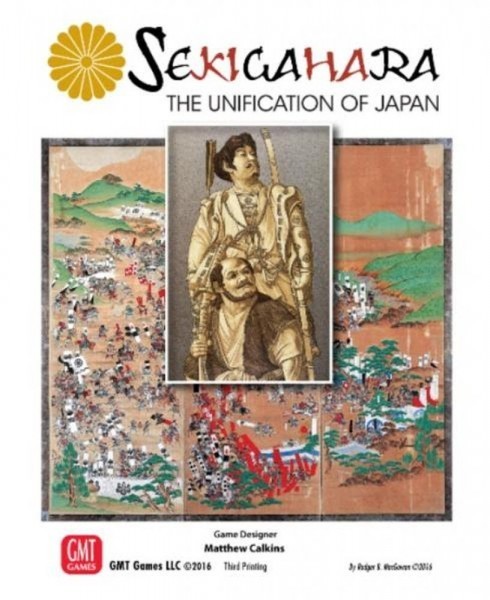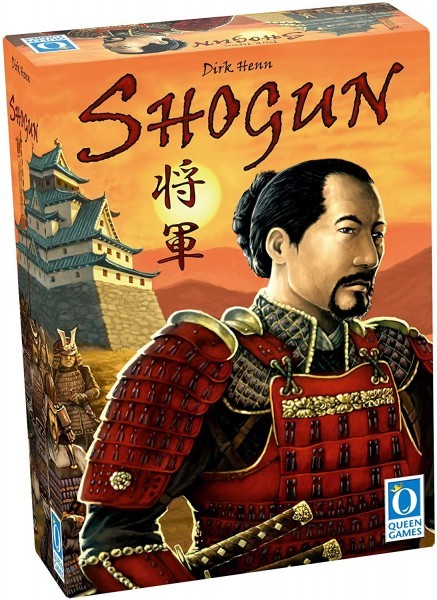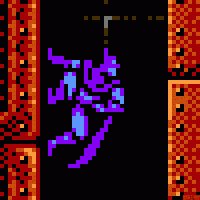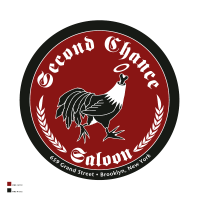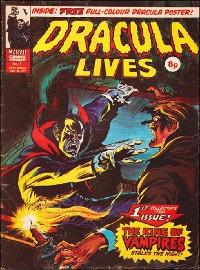Shellhead wrote: Dark Venture is a sandbox adventure setting in a small box. The sandbox isn't deep, but there is enough variability for plenty of replay. What makes Dark Venture different from all the other adventure games is that the encounters stay in play and fully fleshed out stats just like the heroes. This makes the game somewhat messy and cumbersome on the table, but also yields a richer experience. In effect, it's greatest weakness and strength are linked like two sides of the same coin. It struck me like a more accessible version of Magic Realm, stripped of excessive rules but also of the control offered to MR players.
While doing a lot of laundry and ironing yesterday, I set up a 4-player game of Dark Venture so I could really get an understanding of the game. And it was revealing, though I only got 75% of the way through the game yesterday. It's not a long game, but I was also doing laundry, plus each character has a variety of things to keep track of, like quests and items, and the changing map state.
Dark Venture is definitely inspired by Magic Realm, but is played with less than 10% of the rules complexity of Magic Realm. If you ever wanted to play Magic Realm but couldn't get through the rules (like me), Dark Venture is the game for you. There is a lot less structure to the game, and the Dark Venture map could potentially cause sanity loss to someone with OCD. There is a lot more potential for PvP in Dark Venture, but the worst outcome is getting knocked unconscious and potentially missing a turn or even two. Where Dark Venture actually surpasses Magic Realm is the heroic quests. Magic Realm characters set their initial targets for gold, spells, notoriety, etc, and then obtain through killing enemies and finding loot. Dark Venture characters can score points in all kinds of ways, depending on their current quests and sidequests, but these quests tend to encourage specific goals instead of general opportunism.
In my game, one of the four heroes started with a very interesting heroic quest. Every time he encountered another hero (there are a total of 11 heroes in the game), he could make a Mind roll to see if that character was the traitor plotting against the king. Then he had to defeat that character in combat, to uh beat the treason out of them, to collect 6 quest points. Since this hero happened to go first on turn one, he had a convenient chance to screen 30% of the suspects immediately. Unfortunately, he made the very first roll against the big, strong hero with a heavy blade. They fought, and the strong guy knocked him out. When the strong guy got his turn, he stole the unconscious guy's armor and put it on, then walked off to seek adventure. The game was nearly half over before that first hero finally managed to beat the strong guy, collect 6 VP, and take back his armor.
Also on turn one, another character left the starting clearing, then played a wolf there for the remaining characters to fight. By the end of turn one, 2 of the player heroes were unconscious and another one was imprisoned in a tower. There is probably too much potential for PvP combat in this game, but another heroic quest showed the potential advantage of cooperation. The archer hero drew a heroic quest that involved going after twin brothers who were also tax evaders. Each brother was as tough as a hero, and sniping at them from a distance with the bow wasn't workable, as each shot would either provoke the twins to retreat or counterattack. But then the strong guy drew a heroic quest that allowed him to gain 5 quest points if he helped another player complete their own heroic quest. Working together, these two managed to eventually defeat the twins and collect the taxes.
Though I'm only 75% through the game, the plantman looks likely to win. He got lucky regarding his heroic quests, and his natural healing ability was augmented by two healing items so that he was getting back 5 hit points every turn, compared to 2 for a normal hero. It also helped that he steered clear of the PvP fighting, which seems to only be advantageous if picking on a wounded character and if a win results in quest points or a desired item.
When I stopped playing yesterday, there were at least a dozen locations in play, and nearly as many characters on the board. A few dead enemies in the discard pile, a drop pile of loot in one clearing, and a scattering of tokens indicated locations that had already been searched.
I made a house rule to address my least favorite aspect of Dark Venture: shuffling. For a game with a limited print run, it is undesirable to have a lot of card shuffling that will wear down the cards. Dark Venture constantly wants to be shuffled. At the start of the game, the first player draws three heroic quest, keeps one, and shuffles the other two back into the deck. Each player repeats this process. Most characters in the game enter play with a prefererd item or three. You take those cards from other players' hand of cards, or more likely fish through the item deck for them, and then shuffle. Several heroic quests name a specific location, character, and/or item, which must be taken from other players' hands or from the relevant decks, which are then shuffled. My house rule: when searching a deck for a card, just draw and discard rapidly and then replace the discards at the bottom of the draw deck instead of shuffling. It saves a lot of shuffling, at the expense of letting players get a preview of the order of cards in the deck.
Circling back to my original point, playing Dark Venture yields comparable results to playing a game of Magic Realm. Heroes explore, fight monsters, fight each other, team up with each other, gain loot, and rack up victory points. Magic Realm does this with a complex, detailed, internally consistent set of rules that offer strategic choices. Dark Venture gets the job done with a fairly simple set of rules that rely more on luck and less on strategy. I really like Dark Venture, but I confess that I also just purchased a copy of Magic Realm and have been studying rules and tutorials while waiting for it to arrive. Magic Realm will likely become a toad that only gets played solitaire or when I can schedule it as an event game with friends, but Dark Venture is something that can actually get played in more normal gaming circumstances.
 Games
Games How to resolve AdBlock issue?
How to resolve AdBlock issue? 